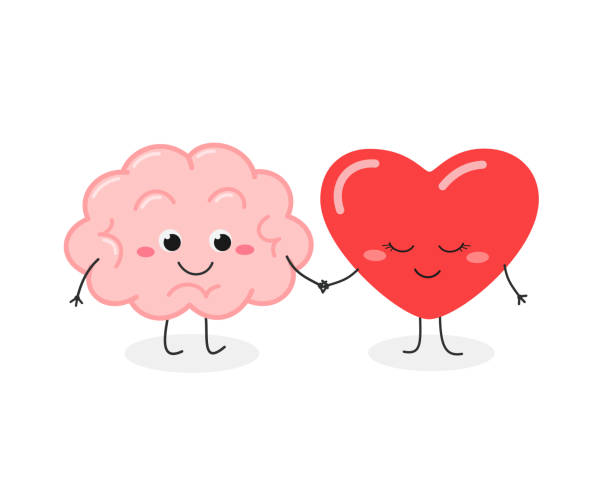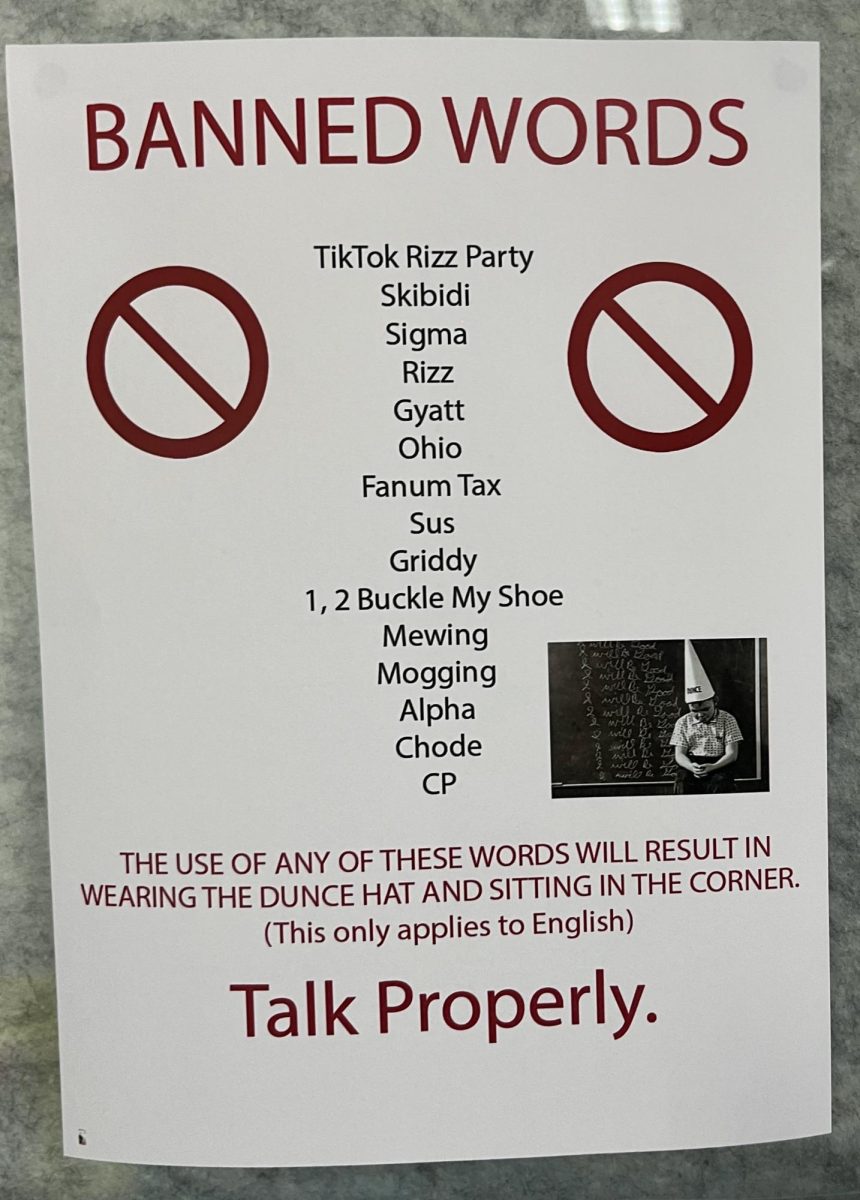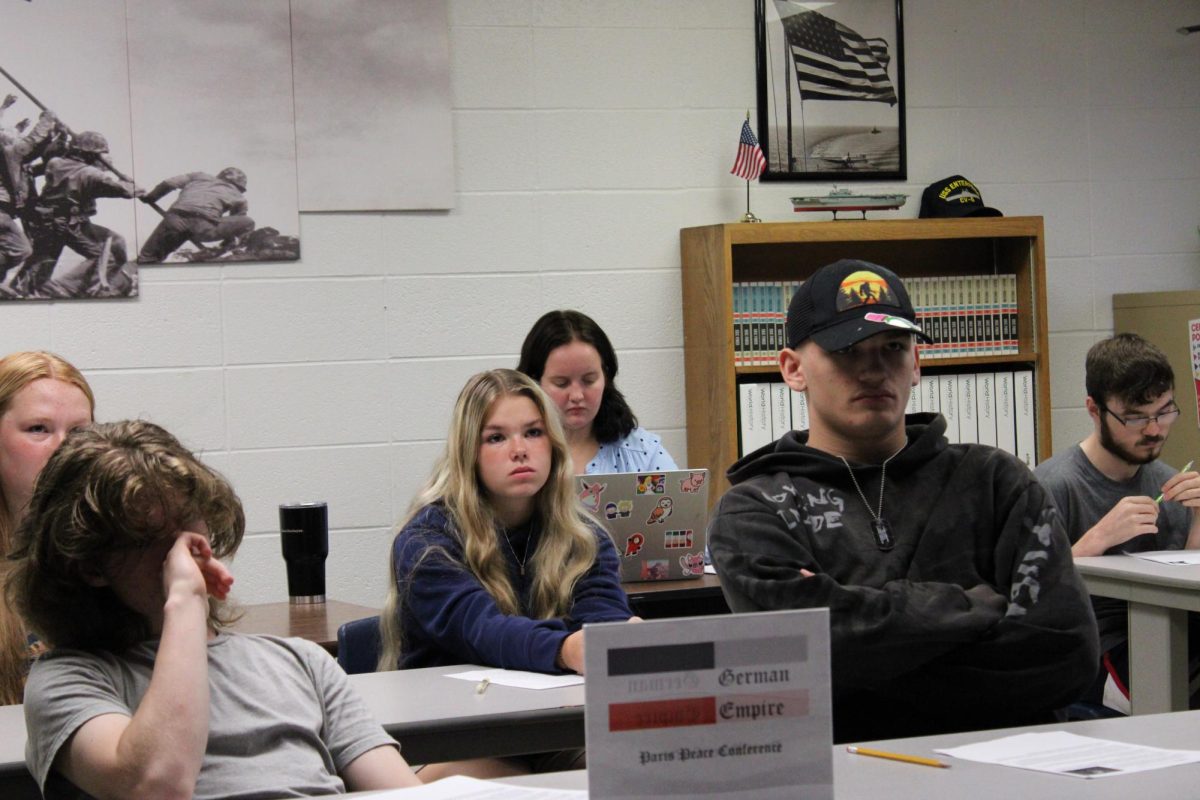Due to today’s digital society, video games play a major role in how the world consumes media. They can span through many different genres, some including: horror, story, multi or singleplayer, open world, adventure, and action. According to Pew Research Center, 85% of American teens play video games, and 41% say they play them at least once a day. One of the most popular being the first-person military shooter COD (Call of Duty). It is known for its engaging storytelling, which takes war simulation and turns it into a guided campaign where the player can complete missions and objectives while uncovering different pieces of the game’s storyline. Though the game’s narrative is not all sunshine and rainbows, it paints Western military forces as people for good who are saving the planet from evil and perpetuates hurtful stereotypes about Middle Eastern countries.
In 2019, Infinity Ward developed Modern Warfare, one of the most notable and memorable games of the COD franchise. In the campaign, the player visits a country under the name of Urzikstan, which is characterized by its dry climate and strong conflict against Russian invading forces. The country’s primary language is Urzik, though Arabic and Russian are also spoken throughout the game. One of the game’s missions portrays the real-world war crime from the Gulf War committed by America, known as The Highway of Death, where hundreds of Iraqi vehicles were destroyed by American forces, resulting in the deaths of many retreating soldiers. The game’s narrative frames it as a war crime committed by Russia, which follows the set-in-stone picture of COD, falsely portraying the U.S. as heroes.

With such blatant propaganda presenting itself in one of the most popular video games in the world, it can lead to a hurtful desensitization of society. The COD fanbase is made up entirely of susceptible kids and young adults who are uneducated about the historical background of the conflicts being portrayed. This leads to misinformation being spread and plants false narratives in people’s minds. The effects of this phenomenon are being shown with many present conflicts happening in the world every day. One example is the genocidal acts of Israel against the Palestinians. Many people are uneducated about what is happening, yet countless videos show the starving children of Gaza begging for food and mercy. It is easier to disconnect from the pain and suffering with media such as COD portraying them as evil, inhumane beings.
Another example of the desensitization of society is the recent shooting involving the death of political commentator Charlie Kirk. In video games, players are able to shoot and kill animated characters, which normalizes death and brutality. In a press conference announcing the containment of Kirk’s killer, information was released about the bullet casings used; they had messages ingrained on them, one stated, “Up arrow, right arrow, and three down arrows.” This references the controls used to drop a bomb in the popular game Helldivers 2. Unfortunately, the death of Kirk was captured on video and displayed for anyone to see on X, formerly known as Twitter. In the video, one can see Kirk get shot in the neck, and as blood pours out, he begins to go limp. After the gruesome video was released, many people made jokes about it, displaying how detached the public is from death.
Ultimately, the influence of video games like COD goes far beyond entertainment, shaping false perceptions and attitudes toward real-world conflicts and cultures. Through the lens of immersive storytelling, these games can very easily reinforce stereotypes, distort historical events, and desensitize players to violence and suffering. As digital media continues to evolve, it is crucial for both creators and consumers to critically examine the messages being conveyed.















